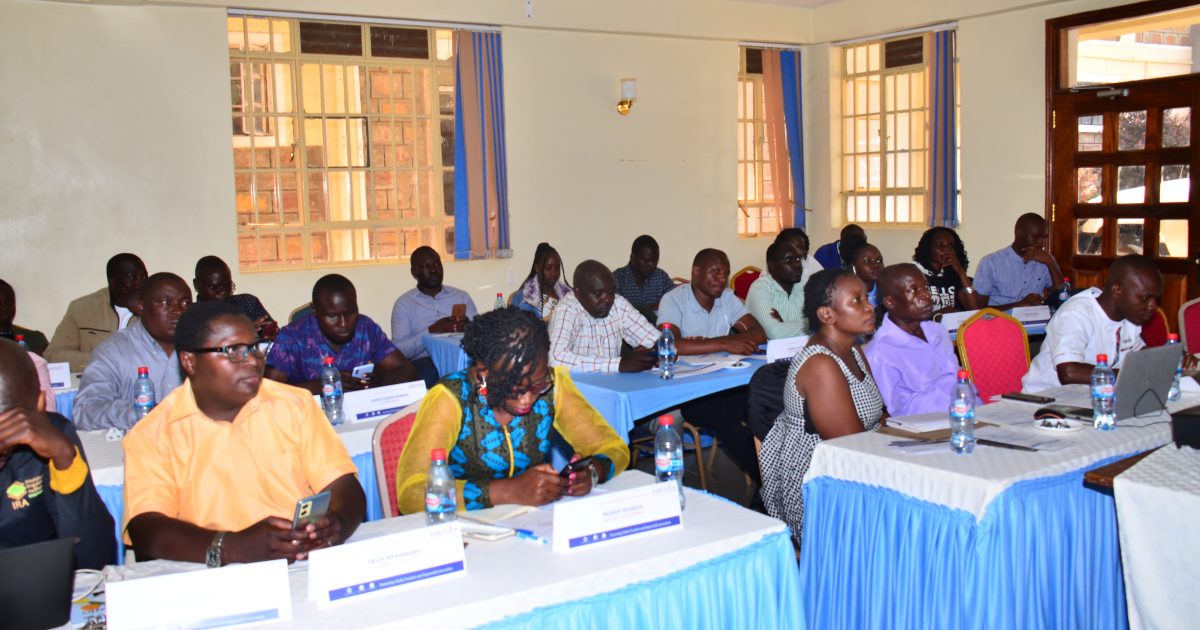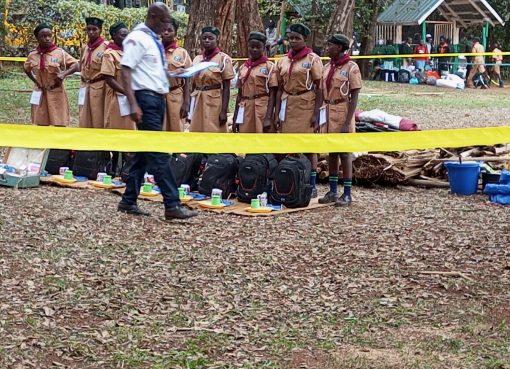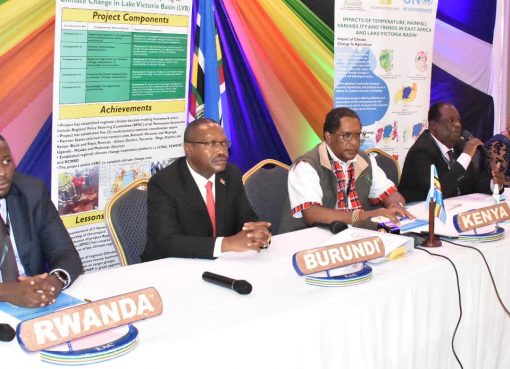Media is an important stakeholder in messaging and public creation awareness as the country prepares for the anticipated El Nino rains.
Media Council of Kenya (MCK) Regional Coordinator Evans Teddy, speaking during a journalist training forum at a hotel in Migori town, said access to information and an early action protocol plan was an important aspect for journalists, even as they prepare for anticipated El Nino reporting.
Teddy said that media was a crucial tool in disseminating weather predictions, mitigation measures and response plans in regards to El nino.
He pointed out that by fulfilling the rights to inform the public on the likelihood of occurrences of natural disasters like El nino and floods, the media can help to preserve lives, properties and preserve human dignity.
The regional coordinator acknowledged that information sharing between the national and county governments as well as humanitarian partners like Red Cross Kenya about the anticipated El nino was an important aspect that will help journalists to have the requisite knowledge to cover what they understand.
However, he urged Migori journalists to create a network with all humanitarian partners involved in preparation for El nino in order to report appropriate messages to those who are at risk.
“Let the Media work with humanitarian organisations like Red Cross Kenya and the Meteorological department with the coordination of both the county and national governments to be able to give their readiness, preposition and early actions, thus helping the media to channel targeted specific and appropriate messages,” said Teddy.
Migori County Coordinator-Kenya Red Cross Society Kevin Ondieki informed Migori journalists that Nyatike Sub County had been mapped as a high-risk area for El nino.
Ondieki explained that 450 families were affected by floods in Nyatike Sub County last year and with the anticipated El nino rains more households may be affected putting about 3,892 of the Nyatike population at risk.
He noted that cholera and waterborne diseases, drowning cases and boat capsizing were some of the human risk factors from the anticipated heavy rains and floods.
Ondieki added that loss of property, chemical poisoning from mining sites, and gender-based violence in concentrated camps were also some of the human risk factors in the anticipated El nino rains.
He advised the relevant authorities to monitor water rise on rivers Kuja, Migori, Onyani and Nyasare, which are the major contributors of waters to Lake Victoria.
He also noted that 17,000 households in the Lake Region Basin and some parts of Kakamega County may be affected by the anticipated El nino rains.
The Red Cross official, however, committed to working with the media to ensure the early action plan for El nino is well tailored to enable it save lives and property in case of floods in Migori County.
Migori County Meteorological Service official Naphtali Adhoch said that the county will continue to experience short rains with the onset expected to continue from September 2023 and cease in January 2024.
Adhoch acknowledged that Migori County will receive between 456 to 655 mm of rainfall with the highest rainfall percentage being experienced in the sub-counties of Awendo, Rongo and Uriri, while Nyatike will revive less rain.
He also affirmed that his department will continue to engage the media on the seasonal weather forecast for October, November, and December for the public to be well informed on the anticipated El Nino rains.
However, Migori in partnership with the national government has already formed a disaster risk management committee in order to develop a county contingency plan to mitigate the effects associated with adverse weather conditions.
Migori is one of the counties that lies along the shores of Lake Victoria, which places it at high risk of El nino disaster due to the geographical location that exposes it to severe floods, especially in Nyatike Sub County.
By Geoffrey Makokha





